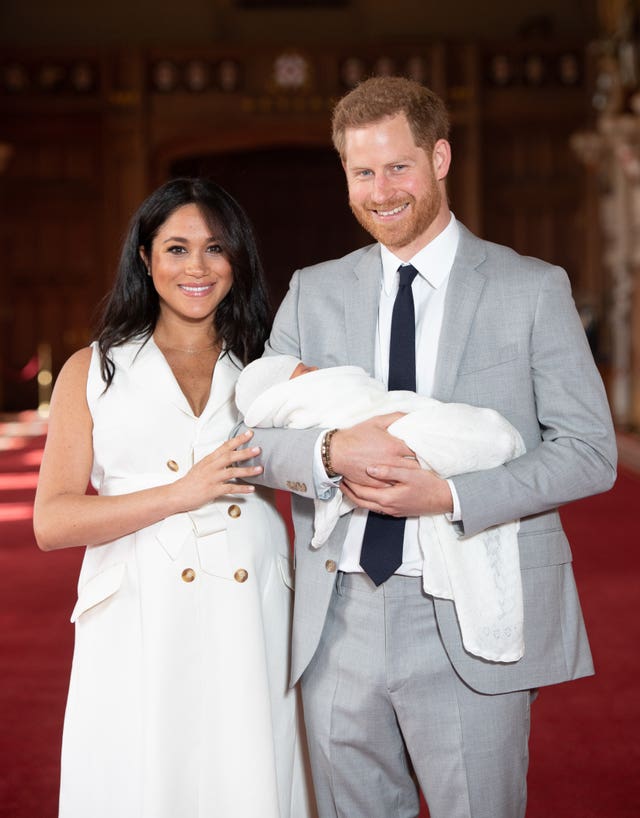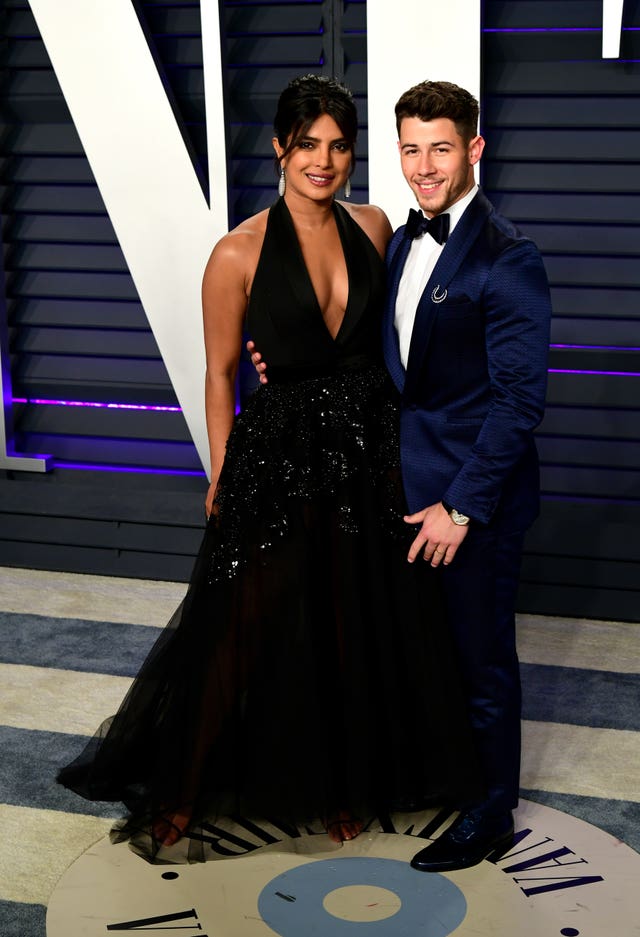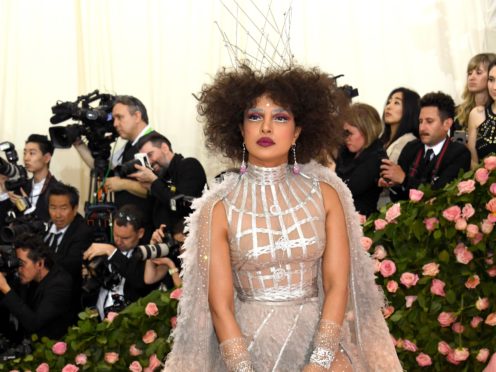Priyanka Chopra has said she believes racism is to blame for the negative coverage of the Duchess of Sussex.
The Quantico star, who has been friends with Meghan for years and was a guest at the royal wedding in Windsor, said the senior royal is still the same person she always was.
Discussing some of the press coverage Meghan has received, Chopra told the Sunday Times Magazine: “I’ve seen that and it’s really unfortunate.

“But if there’s anyone who can handle it, it’s her….Of course it has to do with racism, it’s an obvious reason. But the beauty of Meg is that she’s been herself though all of this.
“A lot of people got to know her after everything, but I know her before and she’s the same chick.
“Now that she’s got a real platform, she talks about the same things she always did. We spent hours speaking about the difference that influence and dialogue can make to the world before this whole thing happened, so what you see now is authentically her.
“She’s always been the girl wanting to move the needle.”

Chopra was a regular feature on Meghan’s Instagram page before it was deleted and the actress said the pair had a lot in common.
She said: “We just connected on how we see the world and as girls…..Meghan is such a progressive, modern girl.
“She’s what the world is today – a self-made woman who looks like each one of us. I mean, she’s stunning, but she is so completely herself.”
The Bollywood superstar also addressed her potential political aspirations following her high-profile wedding to Jonas Brothers star Nick Jonas, saying: “I would love to run for prime minister in India…..I would love Nick to run for president.

“I don’t like the things associated with politics…. But I know that both of us really want to make a change. Never say never.”
She added that one area where change is lacking is in the media and entertainment industries, where she said the push for diversity is yet to include her community.
She said: “I’m going to get in trouble for saying this. Somehow, when I was in America going to school, for a lot of my Indian-American friends the subliminal message was: ‘Be invisible, don’t get into trouble, do your work.’
“Our parents came here and worked really hard and the only way they survived the move was because they put their heads down. Now my generation is like, ‘No, I have aspirations and I want to have a voice.’
“It’s only now that we’re talking about female and black representation in films with big movies like Wonder Women and Black Panther doing well. But in all of that, where do you see brown people?”
The full interview is in The Sunday Times Magazine.
